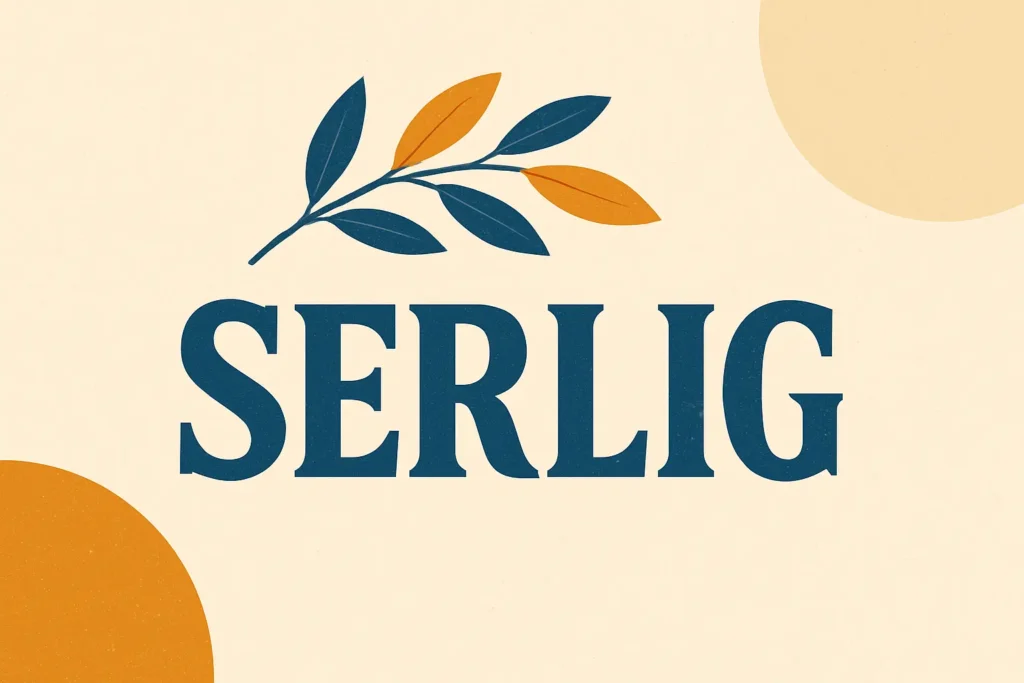Serlig is a word that often catches attention because of its wide application in language, culture, and even modern-day branding. While it may appear simple at first glance, the depth of its usage reveals a fascinating story about how words travel, adapt, and take on new meaning depending on where they are used. This article explores the background of serlig, its everyday significance, cultural importance, and practical applications in different fields.
Understanding the Origin of Serlig
The word serlig is deeply connected to North Germanic languages, most notably Faroese, Danish, and Norwegian. In these contexts, it usually translates to “special,” “particular,” or “unique.” The meaning conveys something set apart, something that carries a distinction compared to the ordinary. This versatility makes it a word that can be adapted across multiple situations — from describing people and events to marking exceptional qualities in everyday life.
In Faroese, for example, serlig is often used in community and cultural contexts, such as describing a special church service or a unique celebration. This association highlights its role in emphasizing the extraordinary within daily life. In other regions, the word takes on a similar meaning, retaining its emphasis on something set apart.
Serlig in Cultural Expressions
Culture often breathes life into words, and serlig is no exception. Across Scandinavian and Faroese traditions, it’s a term woven into expressions of honor, recognition, and celebration. For instance, someone may be given a “serlig viðurkenning,” which means special recognition for achievements. Communities also use the term in relation to moments of joy, marking them as “ein heilt serlig løta” — a truly special moment.
These cultural usages reveal that serlig is not just a descriptor but an expression of emotion, respect, and acknowledgment. It connects people with shared experiences, underlining events or milestones that deserve to be remembered.
Practical Applications of Serlig in Modern Life
Serlig also finds its place in practical, non-cultural settings. In construction and architecture, the phrase “serlig forskalling” refers to a special formwork used in building projects. This technical application demonstrates how the word extends beyond emotional or cultural contexts into tangible, professional use.
Businesses and organizations adopt the word to emphasize uniqueness, quality, or specialty in their services. By choosing serlig as a brand name or part of their identity, companies aim to communicate a sense of distinction and reliability. This strategic use helps create a strong impression in competitive markets.
Serlig as a Name and Identity
Another fascinating aspect of serlig is its role as a surname and company name. In some genealogical records, it appears as a family name with roots in Europe and Argentina. The surname carries a sense of individuality and heritage, reflecting how language and identity intertwine.
In the corporate world, companies registered under the name serlig use it to highlight exclusivity or specialized services. A name like this can set an organization apart, signaling to customers that what they offer is not ordinary but rather distinctive.
Why Serlig Resonates Today
In an era where everything competes for attention, words like serlig hold enduring value. They capture the idea of being extraordinary, rare, or memorable. This quality resonates in branding, personal expression, and cultural traditions, making the word adaptable to modern communication.
People naturally seek to highlight what is different or better, whether it’s a special moment with family, recognition at work, or a unique product in the marketplace. Serlig encapsulates that desire for distinction. It’s short, easy to remember, and powerful in its ability to communicate meaning across different contexts.
Conclusion
The word serlig goes beyond being just a term in Faroese or Scandinavian language. It represents uniqueness, recognition, and special qualities in many forms — cultural, professional, personal, and even commercial. From describing heartfelt moments to shaping brand identities, serlig continues to thrive as a word that captures what it means to be set apart from the ordinary. Its adaptability and deep-rooted meaning ensure that it remains a valuable term in both traditional and modern contexts.
FAQs
What does serlig mean?
Serlig generally means “special,” “unique,” or “particular” in Faroese, Danish, and Norwegian.
Where is the word serlig used?
It’s used in everyday speech, cultural events, professional fields like construction, and even as a surname or company name.
Is serlig only a cultural term?
No, it also has practical applications, such as in construction or branding, beyond cultural traditions.
Can serlig be used as a brand name?
Yes, many companies use serlig in their names to highlight specialty, uniqueness, or exclusivity.
Why is serlig significant today?
Because it captures the essence of being extraordinary or different, making it valuable in personal, cultural, and business communication.

